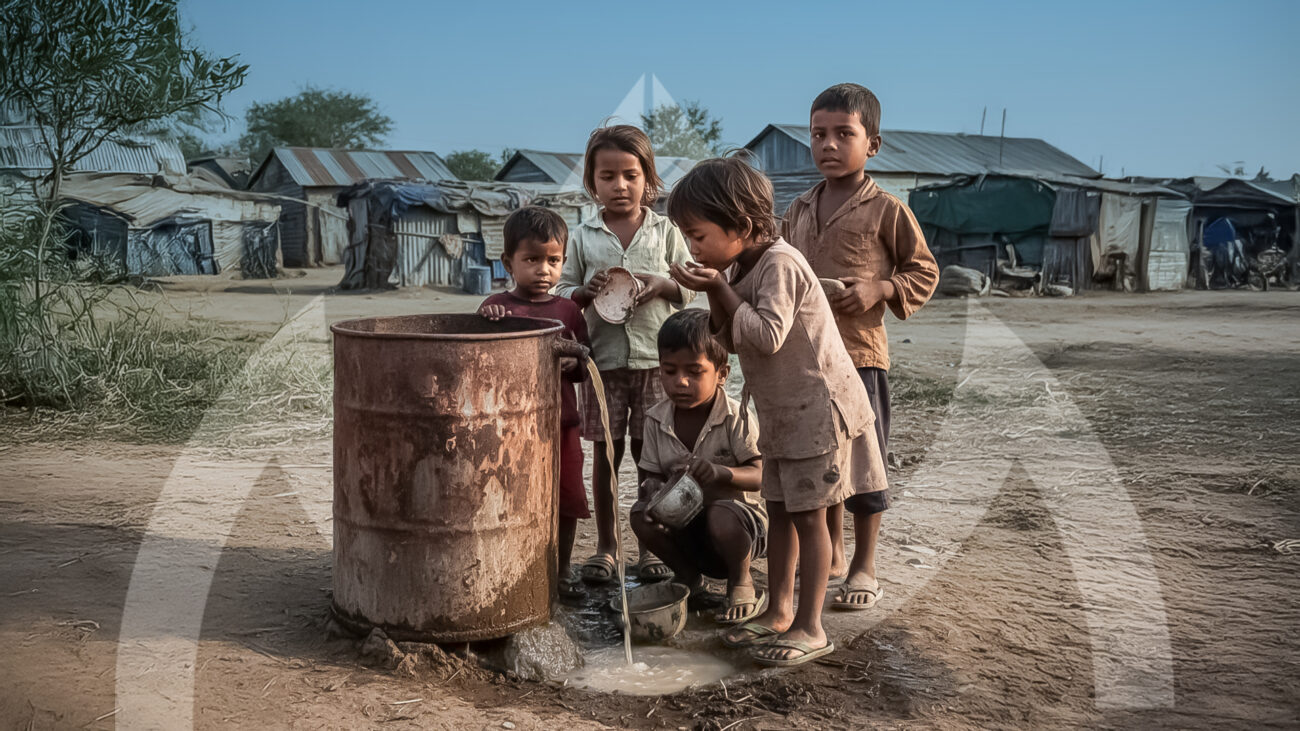The importance of drilling wells in poor countries in Africa
Many poor countries in Africa suffer from a severe shortage of potable water, which poses a major challenge to achieving development Sustainable development and improving the quality of life for residents. Drilling wells is an effective solution for providing clean water in these areas, directly contributing to improving public health, enhancing social stability, and supporting economic activities. In this article, we will discuss the importance of drilling wells in poor countries in Africa and its positive impact on communities.
1. Improving public health
The lack of clean water leads to the spread of many waterborne diseases such as cholera, typhoid, and dysentery. Drilling wells and providing clean water sources significantly reduces the spread of these diseases, contributing to improved overall population health. Clean water plays a vital role in disease prevention and promoting healthy child development, creating a healthier and more productive society.
2. Promoting education
Children in many poor villages in Africa must spend long hours each day fetching water from distant sources, negatively impacting their ability to attend school and focus on their studies. By drilling wells and providing water closer to communities, children can spend more time learning, contributing to improved attendance rates and academic performance. Quality education is the foundation of development Sustainable and can open new horizons for children for a better future.
3. Women's empowerment
In many African communities, the responsibility for collecting water falls on women and girls. This impacts their ability to participate in economic, educational, and social activities. Providing nearby water sources through wells can alleviate this burden, allowing women and girls the opportunity to participate in education and employment and contribute to improving their families' livelihoods.
4. Supporting economic activities
Clean water is an essential component of supporting various economic activities such as agriculture, industry, and commerce. Drilling wells provides a steady source of water that can be used for irrigating crops, raising livestock, and small-scale industries. This can lead to increased agricultural productivity and improved food security, as well as creating new job opportunities and improving economic income for local communities.
5. Promoting social stability
Water scarcity can lead to conflicts and disputes between communities over limited resources. Drilling wells provides multiple water sources, reducing tensions and conflicts over water. This contributes to promoting social stability and peace among local communities, and supports cooperation anddevelopment Shared.
6. Achieving sustainable development
Clean water is essential to achieving the goals. development Sustainable development, including eradicating poverty, improving health and education, and promoting environmental sustainability. Drilling wells contributes to these goals by providing a vital and essential resource for poor communities. This creates an environment in which communities can thrive and make tangible progress toward a better, more sustainable future.
a summary
Drilling wells in poor countries in Africa is a strategic investment that can make a fundamental difference in the lives of millions. By improving public health, promoting education, empowering women, supporting economic activities, and fostering social stability, drilling wells can contribute significantly to sustainable development. Governments, NGOs, and the private sector must collaborate to provide the necessary financial and technical support for these vital projects. Clean water is not just a basic need; it is a human right that can open new doors of hope and opportunity for entire communities.

 Build Schools And ClassRooms
Build Schools And ClassRooms Building and restoring mosques
Building and restoring mosques Water Supply Projects
Water Supply Projects Building Houses
Building Houses Income-generating projects
Income-generating projects General Contracting
General Contracting